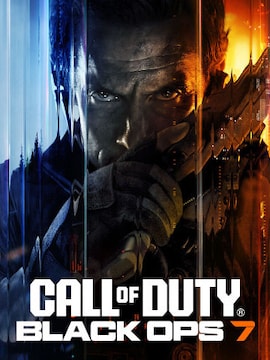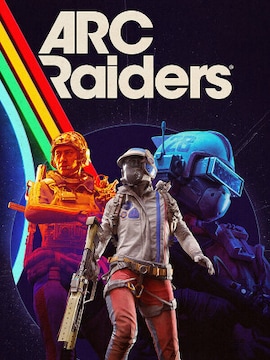When turn-based combat really clicks, it’s usually thanks to one thing: action points. Simple in theory — each turn gives you a set number of points to spend. But in practice? It turns every move into a puzzle.
The system forces you to think — and rewards you for thinking well.
What Are Action Points
Action points (AP) limit how much your character can do in a turn. Players must ponder how to best spend their limited points on movements – a few blocks of cover, attacks, item uses, and special abilities. Each decision comes with a tradeoff, and you’re constantly asking yourself: is this worth it?
AP Meaning in Games
Let’s look at a few games that get AP just right.
XCOM
There is a slimmed-down two-action system in XCOM where a soldier can move, shoot, or use abilities, each taking up one action point, thereby forcing their hand to either reposition or attack.
It encourages aggressive play, but punishes bad decisions. You’re always balancing risk and reward, and the pressure makes every choice feel huge.
Fallout
Fallout’s original AP system was one of the most iconic turn-based RPG combat systems for decades. Different weapons and different types of actions consumed varying levels of points, with faster weapons allowing multiple hits while heavy weapons only allowed one hit.
It added flexibility and flavor. Want more action points? Build an agile character. Want big, slow hits? Go heavy. The system let you shape your combat style without ever stepping outside its core mechanics.
Divinity: Original Sin
Divinity combines the traditional AP system with environmental interaction. Players assign action points to movement, spells, or attacks and can manipulate terrain, create elemental combinations, or interact with objects.
This far-reaching system turns battlefields into interactive playgrounds. Where water conducts electricity, fire spreads through oil, and ice from dissipating aggression is a slippery experience. Assigning action points is only a fraction of tactical consideration that mingles creativity with damage.
Summary
Action points prove that limits don’t hold games back — they make them better. They turn chaos into strategy. They take something as basic as “your turn” and turn it into a series of questions with no obvious answers.
And that’s the magic of it. You’re not just playing a game. You’re solving it — one point at a time.




